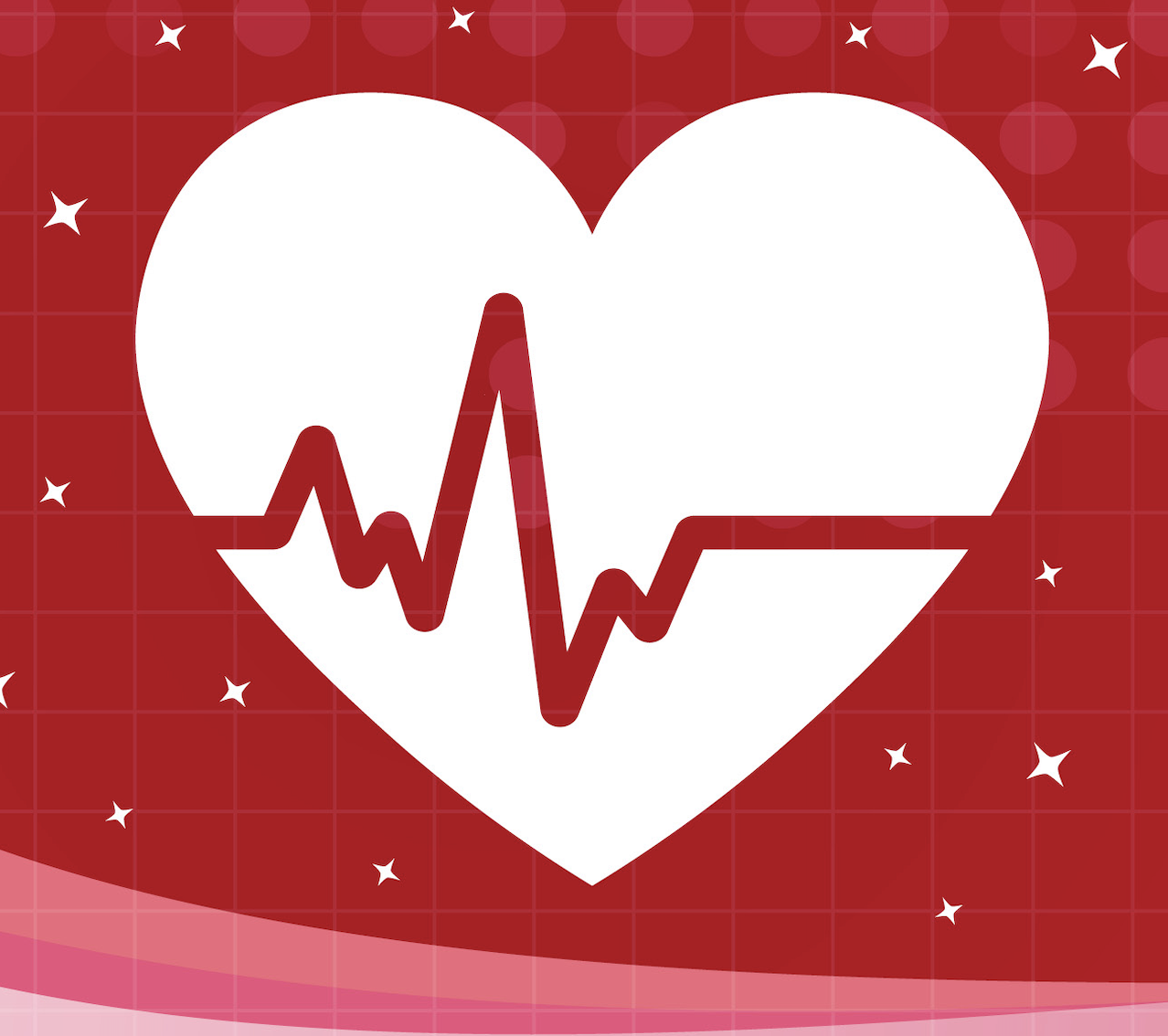
Today, physical wellness encompasses many aspects including exercise, sleep, lifestyle and food choices. Forward thinking companies focus on communicating the importance of daily habits to enhance one’s physical well-being and it all circles back to having a healthy heart.
According to Stats Canada, heart disease affects approximately 2.4 million Canadian adults and is the second leading cause of death in Canada which is why February is known as Heart Month. Many risk factors for heart disease are in your power to control. It’s important to make healthy lifestyle choices and build great habits.
Eating a healthy, balanced diet is one of the most important things you can do to protect your health. In fact, up to 80% of premature heart disease and stroke can be prevented through your life choices and habits, such as eating a healthy diet and being physically active.

A healthy diet can help lower your risk of heart disease and stroke by:
- improving your cholesterol levels
- reducing your blood pressure
- helping you manage your body weight
- controlling your blood sugar.
 Keeping your body moving is always a good idea, regardless of age.
Keeping your body moving is always a good idea, regardless of age.
Physical activity will help
- dramatically lower your risk of heart disease and stroke
- reduce stress levels
- increase energy
- improve sleep
- improve digestion
You may see benefits within the first week of regular activity. For example, your blood pressure may improve and you could start to feel more energetic and relaxed. After three months, you may experience better health, improved posture and balance, stronger muscles and bones, more confidence and a more positive outlook on life.
According to the heart and stroke foundation, almost one quarter of Canadians say they have a high level of stress.

There are undeniable links between heart disease, stroke and stress. Stress can cause the heart to work harder, increase blood pressure, and increase sugar and fat levels in the blood. These things, in turn, can increase the risk of clots forming and travelling to the heart or brain, causing a heart attack or stroke.
As well, if you feel stressed, it can be hard to lead a healthy lifestyle. Instead of using exercise to relieve stress you might overeat, eat unhealthy foods, drink too much alcohol or smoke. These behaviours, in turn, can increase your risk of developing heart disease and stroke.
Responding to stress with anger can also make matters worse. Anger increases your heart rate and your blood pressure, putting you at risk of a heart attack. People who are prone to anger are also more likely to turn to unhealthy behaviours.
Having a serious health event – like a heart attack, stroke or being diagnosed with an illness – can also be stressful. And that stress can slow down the recovery process or even create health problems that weren’t there before.
